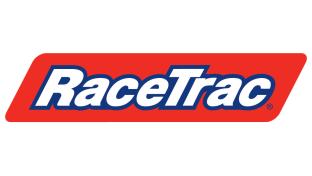-
comScore: Online retail sales break record with $1.3 trillion in 2023
U.S. consumers continue to spend more online, via both desktop and mobile. -
Panera, Jet’s Pizza to launch drone delivery
Two quick-service restaurant chains will deploy the Zipline drone delivery service as the company hits an historic milestone.











